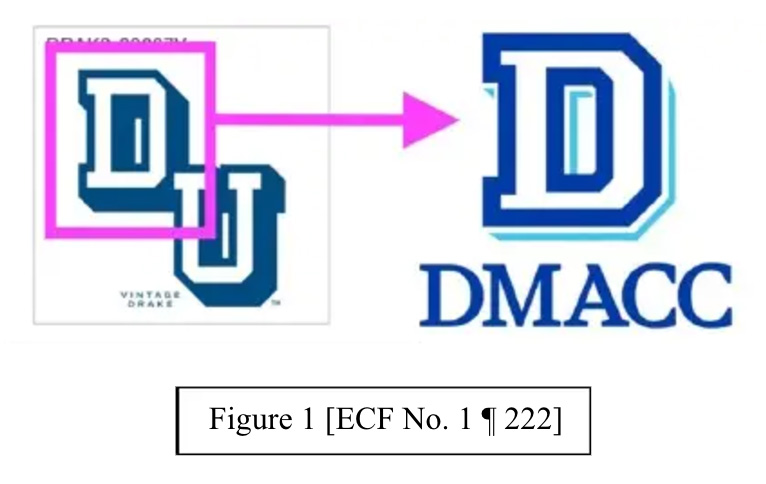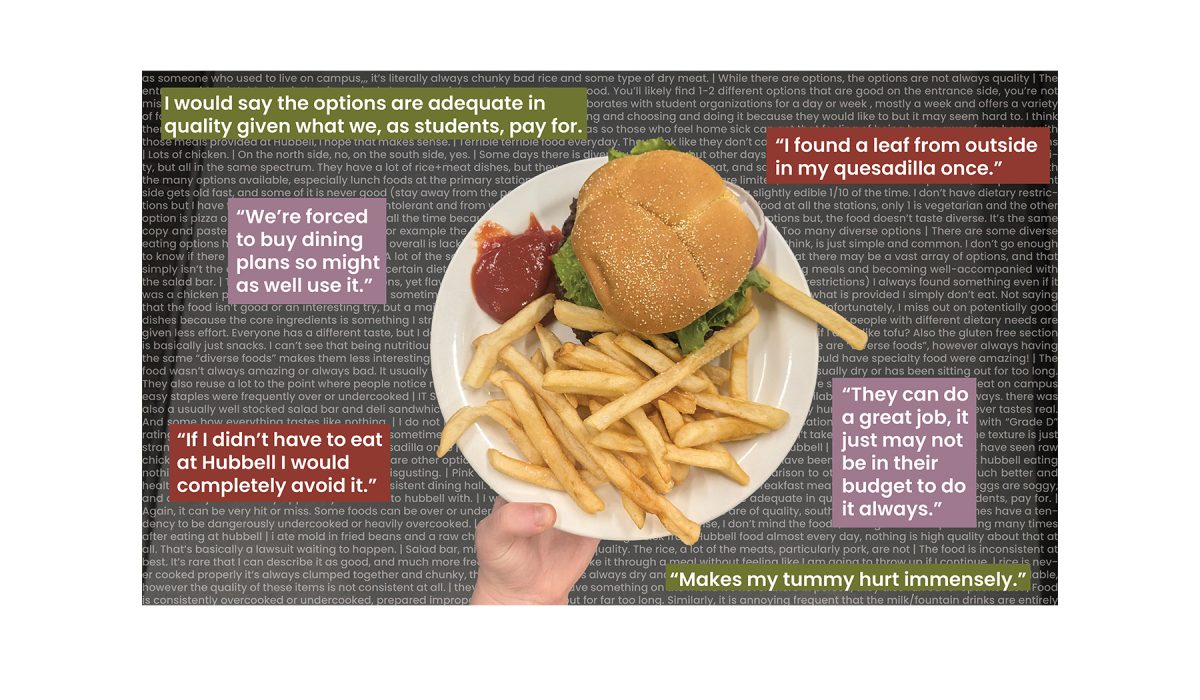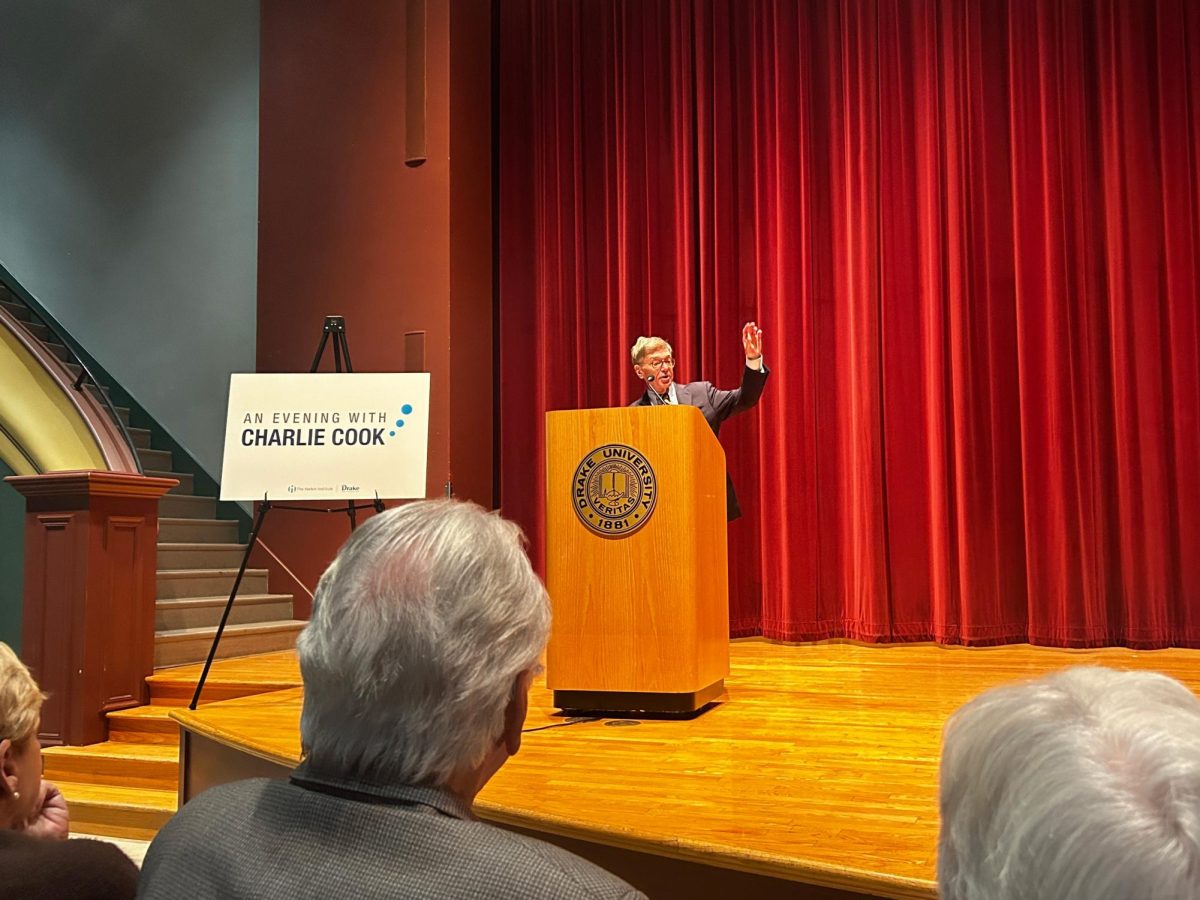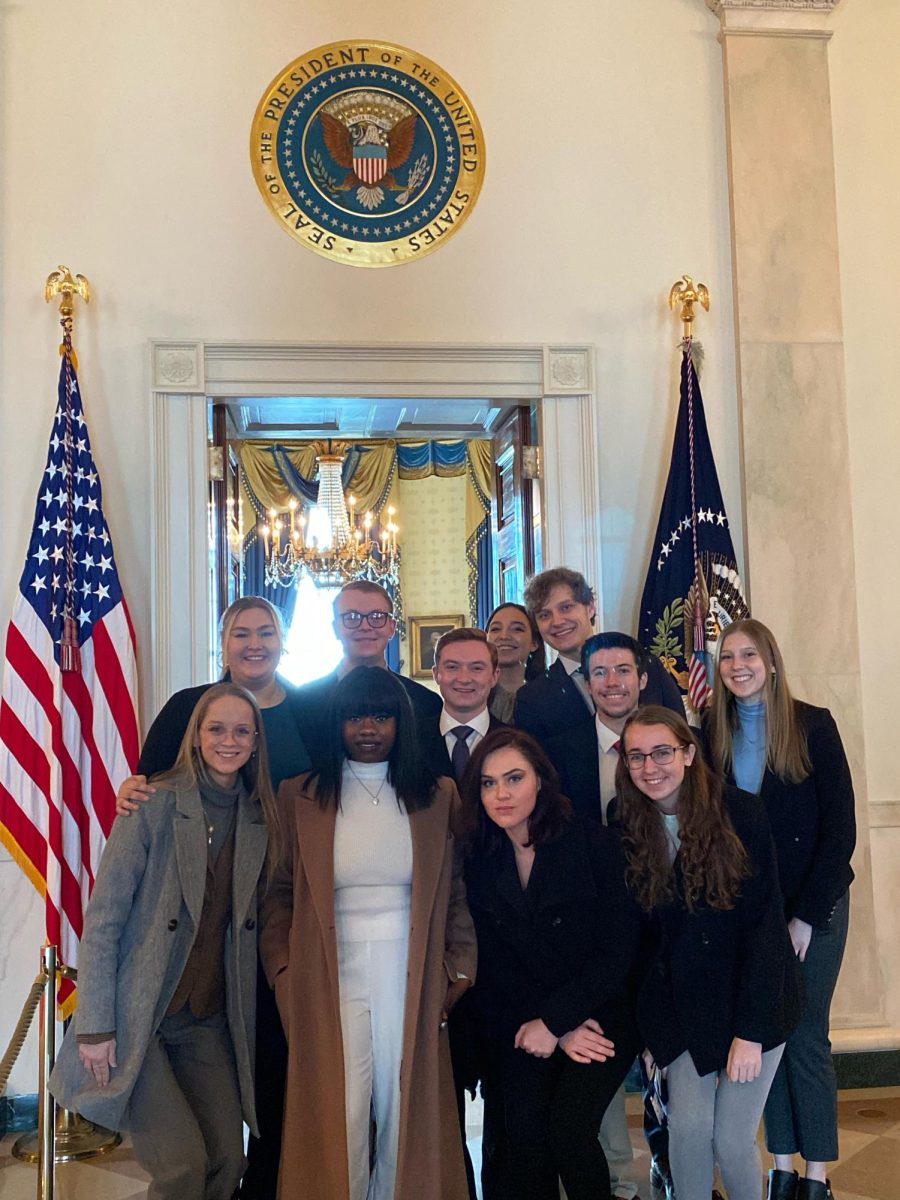Levine is a sophomore politics major and can be contacted at [email protected]
Drake President David Maxwell recently sent out an email to all Drake students to encourage us to join an alliance that will urge Congress to continue federal aid for college students. I’m sure many of you did not even think about it; of course aid needs to be continued. So, you went online and joined the alliance happily. But does federal student aid really help us as students and as a country?
Look at the evidence and the answer should be an unequivocal “no.” Republican presidential candidate Ron Paul is correct when he said federal student loans should be completely phased out, which is a far cry from President Barack Obama’s recent policy pitch of forgiving all student debt. Paul’s plan may seem heartless on the surface, but it is actually a sound policy. As college students, we might find it hard to hear, but government student assistance does not help America whatsoever. In fact, Washington’s intervention in education has done more harm than good.
When the government offers student loans to anybody and everybody, this logical result follows; anybody and everybody goes to college, which is not necessarily a good thing. By artificially boosting consumption, the government has caused massive tuition inflation. Certainly, a significant part of the reason that tuition is so high today is because the government is there to pay for it. Think if you were the head of a university, and you knew that not only was demand for your service going to increase, but also that the government was going to help students pay for your service no matter what the price was set at. What would you do? Well, you don’t have to answer that question because the universities already are. They are raising tuition.
In the free market, prices are driven down by true competition. However, when the government gets involved, this goes out the window. We need to ask ourselves real tough questions on this issue then. Why is it the case that since 1965, when the true foundation for today’s federal assistance system was laid, tuition has skyrocketed? How come that from 1982 (two years after the establishment of the Department of Education) to 2007, the cost of room and board has doubled, and the cost of tuition has risen by 439 percent?
We cannot possibly stick our heads so far in the sand and believe that this is a coincidence. The problem gets even worse, though. Federal aid for tuition is usually non-discriminatory when it comes to what major the student is pursuing, which definitely compounds the problem. To put it bluntly, a student majoring in art history should not be given federal aid because the evidence shows that they probably won’t be able to pay it back. Simply put, as the government has taken on a more active role in subsidizing higher education, the price has risen dramatically, which makes it more difficult for students to pay off their debt since they have to take on more.
This debt problem is real; student debt recently surpassed credit card debt in the U.S. by reaching over $1 trillion. Since 1999, student debt has risen by 511 percent. Why does Drake’s administration and many in Washington scare students into believing that more government spending is the solution? What Maxwell is pushing for is just flat-out wrong. I have the utmost respect for him as the university’s president, and I think he handles relationships with students wonderfully, but in this case I have to disagree with his call to action. It may be hard to swallow, but government student assistance is nothing of the sort. I am urging students to rethink their support of the alliance that Drake is asking us to join.







Emily • Nov 17, 2011 at 3:42 pm
Ben,
This was a very well thought out article and I agree with you. It may be tougher for people to go to college without help from the government, but as demand starts to fall, colleges will have to begin to lower their prices. Additionally, there are private loans available and students can work more hours or take a year off before college to work if continuing education is really important to them. Thanks for the information!
Emily • Nov 10, 2011 at 6:42 am
Ben-
Elementary and Secondary Education starting salaries are well below most of those you listed for art majors; would you suggest that we phase out education, if those degrees will also not make enough money to pay back student loans? Your argument is inherently flawed.
Benjamin Levine • Nov 12, 2011 at 12:33 pm
I wish you would have read my article. Or at least have tried to understand the overall point.
I will repeat what the point of my article was: All federal student tuition assistance should be phased out. For everyone, regardless of one’s major (whether you’re an art history major or a business student). See, when I was discussing “art history” as a major that should not receive a loan I was trying to point out one of the problems of federal assistance: It does not work like a loan actually should. Because of that — not taking into account the ability to pay it back — student debt has skyrocketed and now we have a president thinking about relieving $1 trillion of it. That is ridiculous. But I was not saying only art history majors should not receive loans. I was just pointing out one of the problems with federal aid.
So, to say my argument is inherently flawed because of that specific part of my article proves to me you didn’t read the whole thing or completely missed my overall point. To be sure, I will state it one more time: Federal tuition assistance — for every single student in America — should be phased out. Prices in tuition will fall and college will be more affordable. And the world will not implode nor will education majors cease to exist.
Amber • Nov 9, 2011 at 12:48 pm
What are the statistics for your major? What specific career goals are you striving for and what do the statistics show for your possible future salary?
Also, are you one of the few students who receives absolutely no financial aid from the government (no loans, no government grants, etc.)? I obviously am not trying to pry into your financial situation, just asking you to think about yourself and others before you make such bold statements.
Benjamin Levine • Nov 12, 2011 at 12:27 pm
Asking personal questions are fallacious and try to distract the debate from the actual issue.
I know exactly what my financial situation is and I will not mention what it is here but it has absolutely no impact on what I stated in the above article because what I was discussing was economics, something not influenced by emotions. Federal education assistance, for every single student, needs to be completely phased out because it is raising tuition prices and hurting the education system. That isn’t a bold statement, it is just simple logic.
Katie • Nov 7, 2011 at 9:51 pm
“To put it bluntly, a student majoring in art history should not be given federal aid because the evidence shows that they probably won’t be able to pay it back.”
Can you please list the source you based this claim off of? Do not make bold claims without citing your sources.
Benjamin Levine • Nov 8, 2011 at 2:21 pm
Of course! And I should have been clearer in the article but my overall point was not to specifically target Art History but overall discuss degrees in the humanities, which pay less. Also, I’m not bashing Art History or any other major in the humanities as being useless; all I’m saying is when dealing with loans the ability to pay them back actually matters. So, when looking for the ability to pay back a loan it is only logical to look at the average starting salary of a college graduate, among other things (such as skills learned through both education and work experience).
Yahoo Finance claims that Art History ranks as the 20th worst paying college degree at an average starting salary of $39,400 and an average mid-career salary of $57,100.
http://finance.yahoo.com/college-education/article/110196/20-worst-paying-college-degrees-in-2010?mod=edu-continuing_education
The Huffington Post claims that Art History ranks as the 12th worst paying college degree at an average starting salary of $38,300 and an average mid-career salary of $53,300.
http://www.huffingtonpost.com/2011/07/28/the-13-worst-paying-colle_n_911809.html#s317449&title=Art_History
CBS News claims that Art History ranks as the 12th worst paying college degree, citing the same statistics as the Huffington Post.
http://www.cbsnews.com/8301-505145_162-37246205.html
Joe • Nov 7, 2011 at 1:52 am
Well thought out and clearly articulated. As a fellow student, I whole heartedly agree.
D • Nov 7, 2011 at 12:54 am
So, would you be an advocate of “You can go to college, but only if you and your family have the money to pay for it up front and in full every year” ? Sweet, because that will create a much better system than what we have right now.
You criticize and offer zero solutions.